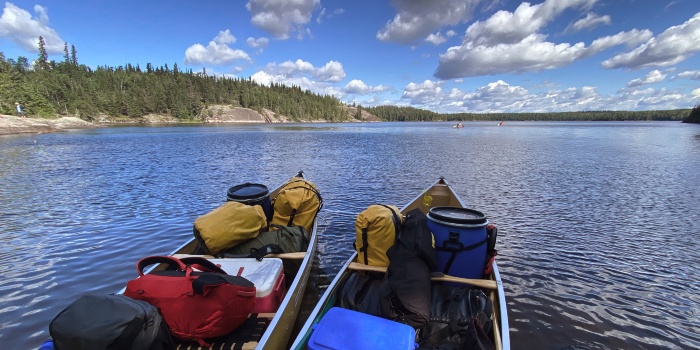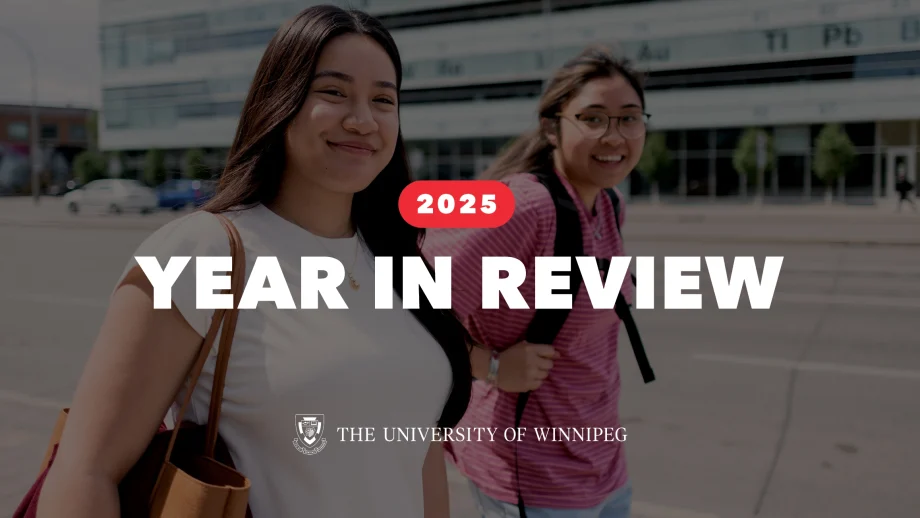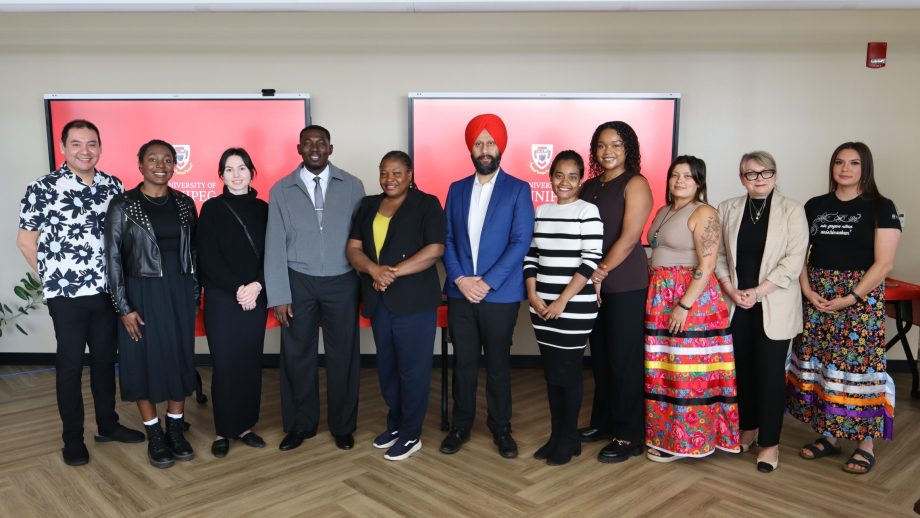The University of Winnipeg has launched a new two-year master program that will train graduates to address complex human-environmental issues. The newly developed Master in Environmental & Social Change (MESC) will help to propel Manitoba’s growing environmental industries by equipping graduates and future leaders with skills in both the natural and social sciences.
“From the implications of COVID-19 to managing the social and ecological impacts of energy production, there is an urgency to address human impact on the environment,” said Nora Casson, program Co-Chair, Associate Professor in the Department of Geography, and Canada Research Chair in Environmental Influences on Water Quality. ”This exciting and unique program will help to produce the creative, collaborative thinkers needed to solve existing local, regional, and global problems.”
“The environmental industry is growing in Manitoba. There is tremendous potential growth as the world embraces green thinking. We have a strategic advantage in Manitoba and in order to capitalize on it, we need graduates with a broad range of scientific and technical skills, who also understand how to work with people,” said Jack Winram, Executive Director of the Manitoba Environmental Industries Association.
“Our vision through Manitoba’s Climate and Green plan is to become Canada’s cleanest, greenest, and most climate-resilient province,” said Ralph Eichler, Minister of Economic Development and Training. “While Manitoba already has a robust environmental and cleantech sector, as we focus on creating jobs in existing and emerging areas, it is critical we plan to meet those labour market demands. The Master Program in Environmental & Social Change will help us achieve our vision.”
The new research-intensive program allows students to customize their learning pathways with three graduate degree options: Master of Science, Master of Arts, and Master of Environment. While students choose a degree path for their specialization, all participate in training activities that bridge social and natural science with humanities research.
“Graduates will be able to communicate information across disciplinary boundaries, so scientists will be able to speak effectively to CEOs, policy makers, and social scientists, and vice versa,” said Ryan Bullock, Co-Chair of the program, Assistant Professor in the Department of Environmental Studies and Sciences, and Canada Research Chair in Human-Environment Interactions.
“There is a shortage of skills needed in this industry to conduct our work. On top of the ‘raw’ biological understanding of trees and ecosystems, we need individuals who are capable of integrating this knowledge with other fundamental skills,” said Brent Bencharski, Manitoba Hydro Forestry Coordinator.
Applications for the September 2021 intake of the program will be accepted beginning on December 1, 2020. The application deadline is February 1, 2021.
For more information, please visit mesc.uwinnipeg.ca.





